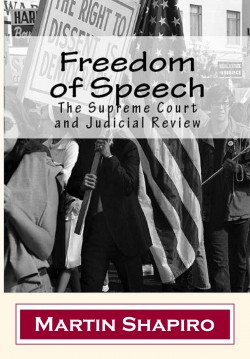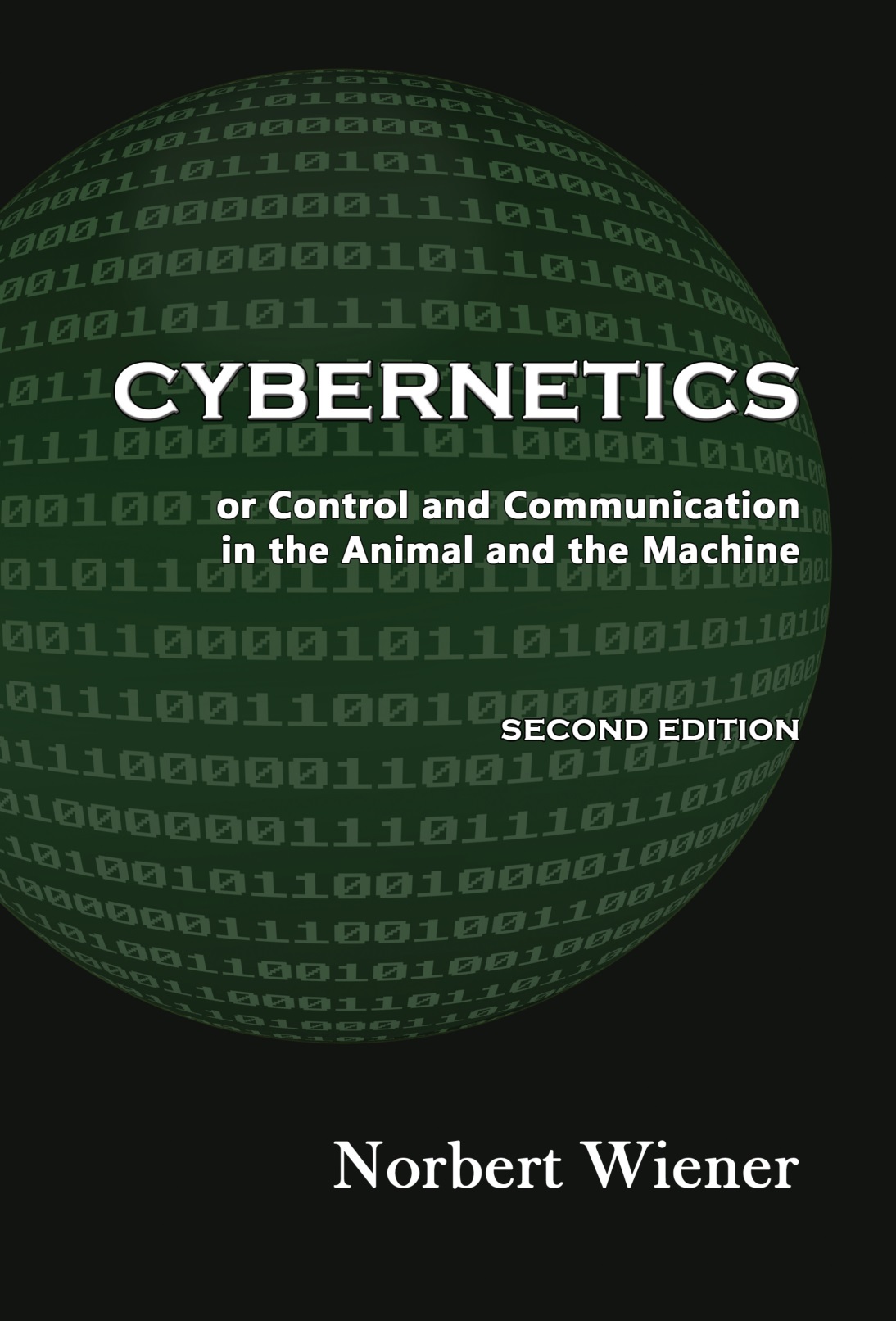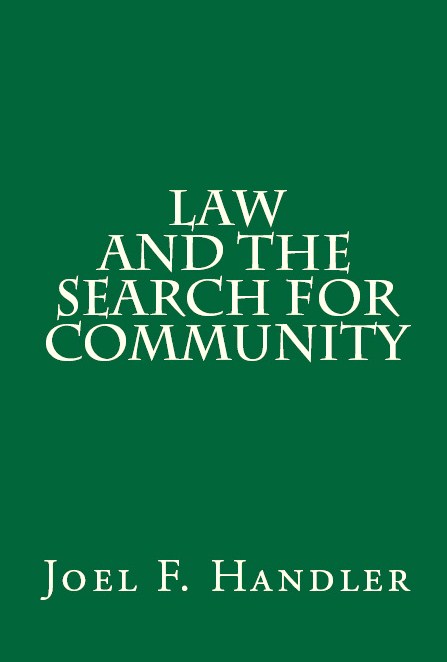Martin Shapiro Links Freedom of Speech with the Legitimate Political Role of the Supreme Court
A classic study of the free speech right and especially the function of the Supreme Court in review—in effect answering, before his time, Chief Justice Roberts’ claim that judges are neutral umpires. Such judicial modesty ignores the Court’s political role in governing and protecting under-represented citizens.
In new paperback, Kindle, Nook, Apple, Google, and multiple eBook formats linked below.
One of the great continuing disputes of American politics is about the role of the Supreme Court. Another is about the First Amendment and freedom of speech. This book is about both.
As a classic defense of the responsible yet openly political role of the Court, this book belies the notion that judges are just the passive umpires in the legal ballgame. Especially in the realm of free speech, the Court must own up to its political function, Martin Shapiro argues in a way that seems to anticipate the current vogue of judicial “modesty.” He takes head-on the supposed modesty and deference of Frankfurter, Hand, and others, and supports the legacy of “clear and present danger” inherited from Holmes and Brandeis. The book is thus timeless in its insight as to the true position of the Court in the legal landscape.
In FREEDOM OF SPEECH: THE SUPREME COURT AND JUDICIAL REVIEW, Shapiro offers a provocative challenge to those who uphold the judicially “modest” interpretation of the role of the Supreme Court and who would keep the Court inviolate from the political process. Each branch of the government, he says, represents specific clienteles and defen ds specific interests and beliefs. Shapiro argues that one of the Supreme Court’s unique functions is to defend those interests which can find no defenders elsewhere; those speakers whose methods we may not be able to countenance, whose ideologies we may deplore, whose objectives we may fear.
ds specific interests and beliefs. Shapiro argues that one of the Supreme Court’s unique functions is to defend those interests which can find no defenders elsewhere; those speakers whose methods we may not be able to countenance, whose ideologies we may deplore, whose objectives we may fear.
From this original analysis of the role of the Supreme Court within the American political system, the author goes on to challenge the Court to use its powers of judicial review to fulfill its special responsibility by maintaining a “special preference for freedom.” Shapiro affirms the cause of judicial “activism” and clears the way for the Court to make a more empowering defense of the most cherished right.
More generally, and as applicable today as when he first wrote it, it is time for judges to acknowledge that constitutional review is not a simplistic task of submission; political and policy choices are necessarily made. “For if the people have been led by the Justices themselves, or for that matter by Fourth of July oratory, into believing that the Supreme Court merely puts the Constitution on top of a statute and lops off whatever sticks out over the edges, they have accepted the form but not the substance of review.” The legacy of Marbury v. Madison, and the last century’s legacy of Holmes and Brandeis in the arena of free speech, deserve better.
AVAILABLE NOW IN MULTIPLE eBOOK FORMATS and in NEW PAPERBACK:
Amazon, for Kindle. [Also for Kindle in the UK at Amazon UK store.]
Barnes & Noble, for Nook.
At Google Play and, more generally, at Google Books.
At the Kobobooks bookstore.
At the Apple iTunes bookstore and iBooks (as previewed online).
Multiple digital formats (including ePUB, Sony, rtf, and PDF) at Smashwords.
Paperback edition: See it on sale at our eStore page fulfilled by Amazon, and also the general Amazon site. Also sold at Barnes and Noble, BooksAMillion, YBP Library Services, and other retailers.
…
CATALOGING:
ISBN: 9781452854861 (paperback edition, 2o11)
ISBN: 9781458196866 (ePUB)
Martin Shapiro is the James W. and Isabel Coffroth Professor of Law at the University of California at Berkeley. He has taught in the political science departments at Harvard and Stanford Universities and at UC Berkeley, UC Irvine, and UC San Diego. He joined the Boalt law faculty in 1977. His PhD is from Harvard.
In addition to this book, Shapiro is the author of Law and Politics in the Supreme Court; Supreme Court and Administrative Agencies; Courts: A Comparative and Political Analysis; and Who Guards the Guardians: Judicial Control of Administration. In 2003, Shapiro received a Lifetime Achievement Award from the Law and Courts section of the American Political Science Association.



